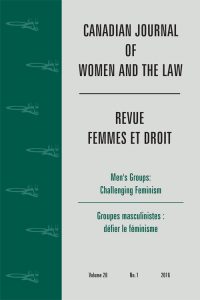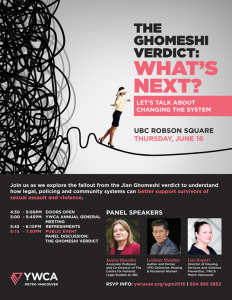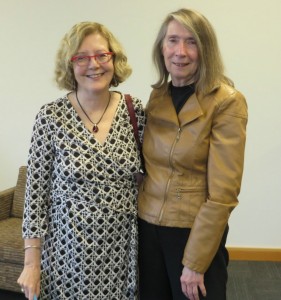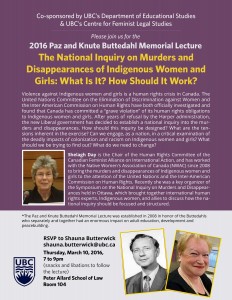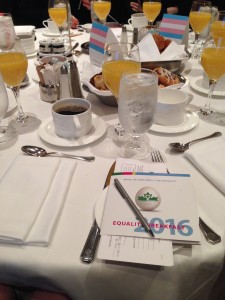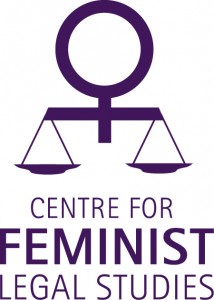Our dedicated readers may remember this blog post from June 9, 2014, which covered a workshop entitled “Men’s Groups: Challenging Feminism”. Two years later, we are excited to announce the product of that workshop! This special issue of the Canadian Journal of Women and the Law/Revue Femmes et Droit, co-edited by Susan B. Boyd and Elizabeth Sheehy, Volume 28, Issue 1, April 2016 is entitled Men’s Groups: Challenging Feminism / Groupes masculinistes : défier le féminisme.
The workshop, organized by Susan Boyd, then Chair in Feminist Legal Studies, was held May 26-27, 2014 and the CFLS was co-sponsor, as was Allard Law. Feminist and pro-feminist scholars in multiple disciplines from Canada, the United States, Australia, New Zealand, Israel, the United Kingdom, Poland, Sweden, and Taiwan gathered at the Peter Wall Institute for Advanced Studies at UBC.
The objective was to address a modern source of resistance to feminism: organizations acting in the name of men’s and fathers’ rights and interests. These groups argue that men are discriminated against in relation to law (especially family law and laws on violence against women), education, and government funding. Another objective was to provide an opportunity for self-examination, update, and creativity to support the advancement of feminist theories and strategies. Two key issues explored were: (1) how men’s group actions in different countries and at the international level engage with, and discursively construct, feminism and (2) lessons for the feminist movement, nationally and globally; historically and currently, from the arguably growing the legitimacy of men’s groups. Not all such groups are conservative or overtly anti-feminist, but many are, some vitriolicly so, seeking a return to some perceived pre-feminist world of traditional gender roles and family values. They use various sites of struggle, including law reform debates, cyberspace, and the media, to present their views. They also appear at public venues such as courts and government buildings and often use banners and/or self-present as superhero characters. Complicating the picture, men’s rights and fathers’ rights groups often include women, who are sometimes the spokespersons.
The special issue features papers by a range of authors from Australia, England, Israel, Sweden, Taiwan, and the United States. A companion special issue will soon be published as (2016) 5:2 International Journal for Crime, Justice and Social Democracy.

